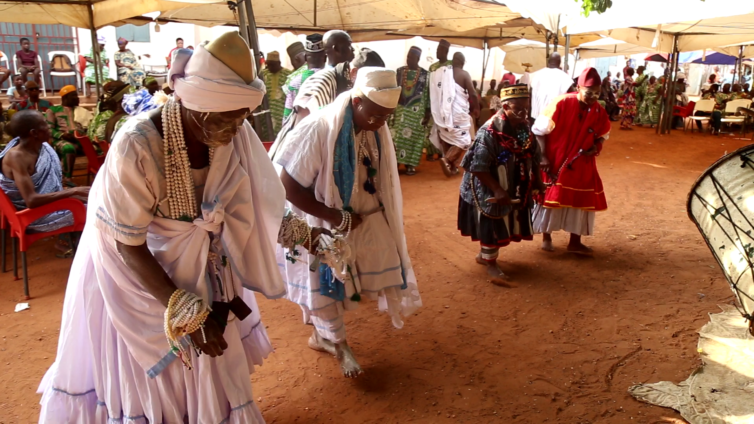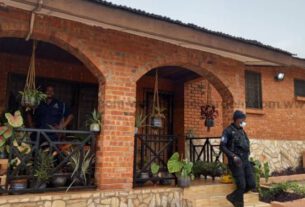Religious Tourism, which has the potential of contributing to foreign exchange is one of the underexploited sectors in Ghana.
Though the country has diverse religions and traditions which could attract tourists from across the world, very little has been done to harness the potential of the sector.
As part of the Ghana Month series, JoyNews’ Fred Quame Asare throws a spotlight on the Kunde religion, a religion that combines Christian and traditionalist principles and shies away from evil doing.
According to history, the Kunde Religion, also known as Gorovodu is an anti-witchcraft movement that emerged during the colonial period.
The Kunde god is said to originate from Kandiau, southwest of Wa, on the Burkina Faso border, where it was linked to the local high gods, Kyaale.
The Chief of Kpando Tsakpe-Hlorma, Togbe Ablatenu IX, narrates that in a quest to find a solution to the consecutive deaths of three enstooled Chiefs in Kpando, and an epidemic, an entourage traveled up north and acquired the Kunde gods.
He said that Kunde was handed over to the youngest man in the delegation, Kodjo-Kumah Anibra to be the caretaker because “he speaks Hausa and other northern languages.”
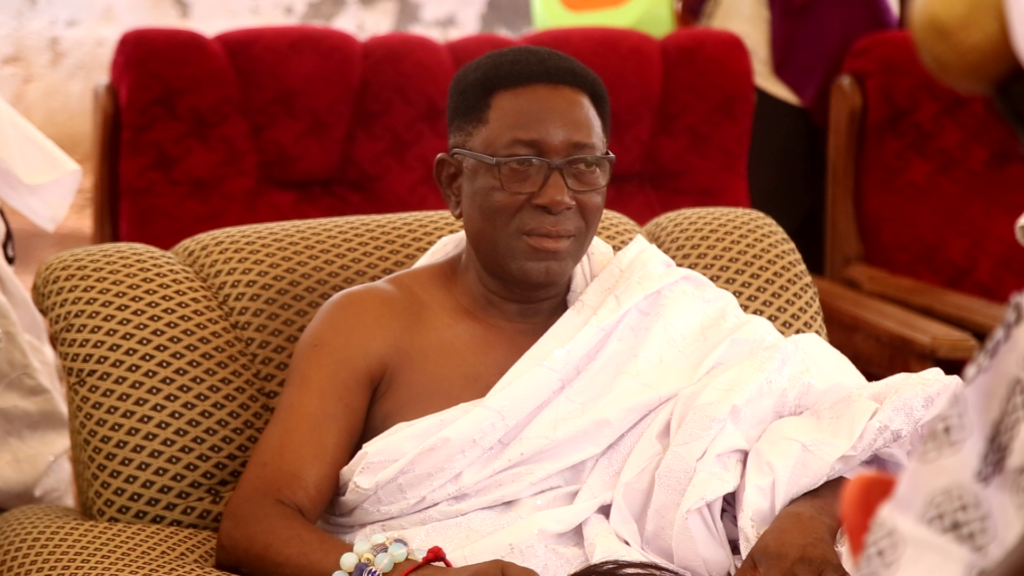
He further indicated that the pandemic ended and the people of Kpando experienced good fortune after Kodzo-Kumah set up a shrine for Kunde in the community, and the new Chief lived long.
This led to the establishment of the Lahare Kunde Mission, in 1960.
He explained that the religion incorporates practices and ritual objects from Islam, Christianity, and local vodun orders. Believers are guided by the Ten Commandments in the Bible.
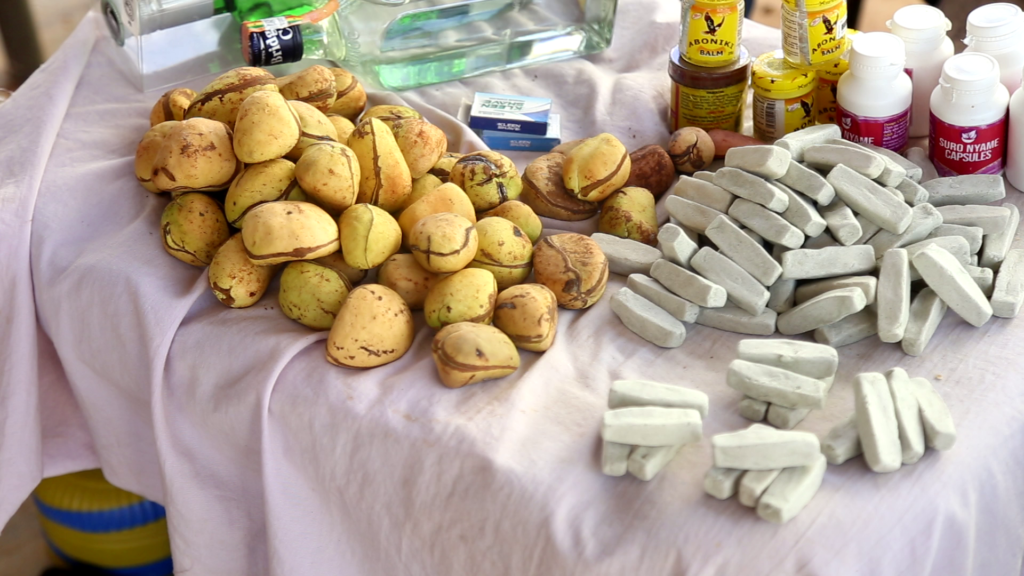
Kunde, I was told doesn’t like evil and cannot be used to harm anyone. A believer who attempts to use Kunde for evil will be punished by the gods.
A descendant of Kodzo-Kumah, Kossi Kokokli Anibra, who is the Spiritual Leader of the Lahare Kunde Religion said that Kunde saves people from evil and protects against the harm of ghosts, evil spirits, and witchcraft.
“Kunde will save you from evil, especially witchcraft. No evil planned against you, or bad spirit sent after you will succeed. Kunde abhorred people who harbor evil intentions, he said.
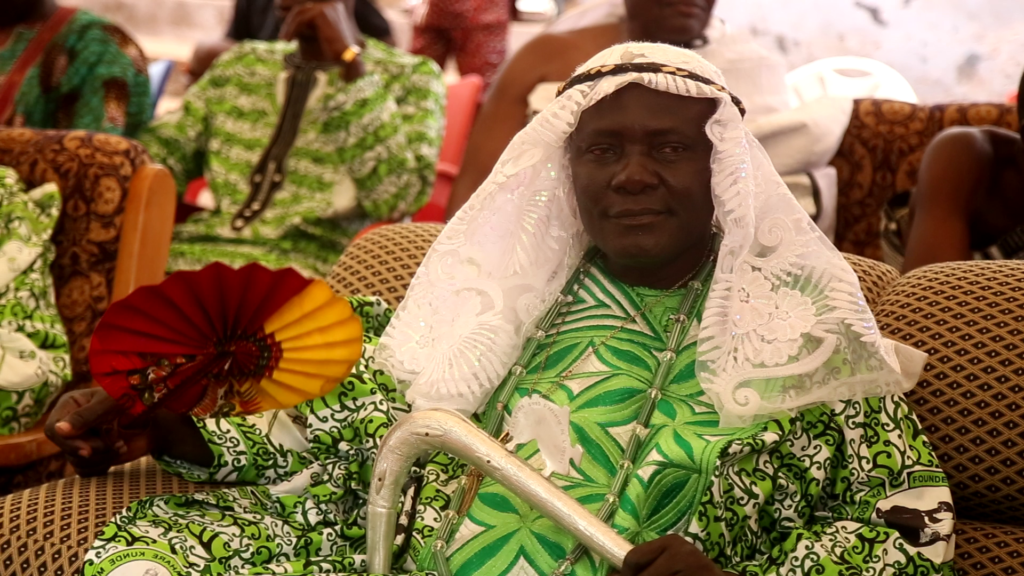
Brekete, Agbadza, and adewu are performed during worship and other gatherings. Some Believers often get possessed during performances.
Togbe Ablatenu IX said that the Kunde Religion suffered oppression from both Christians and traditionalists in the Kpando area, compelling the Founder, Kodjo Kumah, to send the gods down south, where the people bought into the worship of Kunde “because of its spirituality and protection against evil spirits and is widespread in Togo, Benin, and other parts of the world”, with Kpando being its ancestral home.
AkpiniFiaga, Togbega Dagadu, lamented the dying interest of natives in the religion, hence risks losing its ownership rights.
“We all know the origin of Borborbor, but a group from a different place was invited to perform at the national independence day parade. We have lost a lot of our culture and traditions, will we fold our arms and watch others own the right to this religion? We must embrace Kunde religion so we don’t wake up to see others owning it.”, he said.
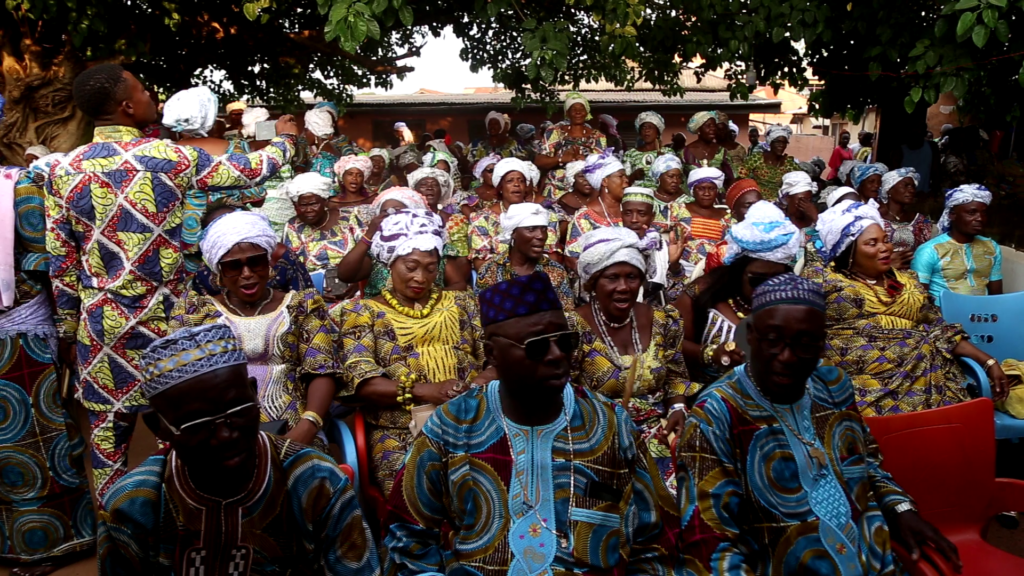
Believers from the West African sub-region embark on an annual pilgrimage to the shrine in Kpando to pay homage and remember the Founder of the Kunde Religion, Titibigu Kodzo-Kumah Anibra.
During this period, sacrifices and cleansing are done, led by the priests and priestesses. The believers shave their hair and bathe with special herbs to purify the body and soul.
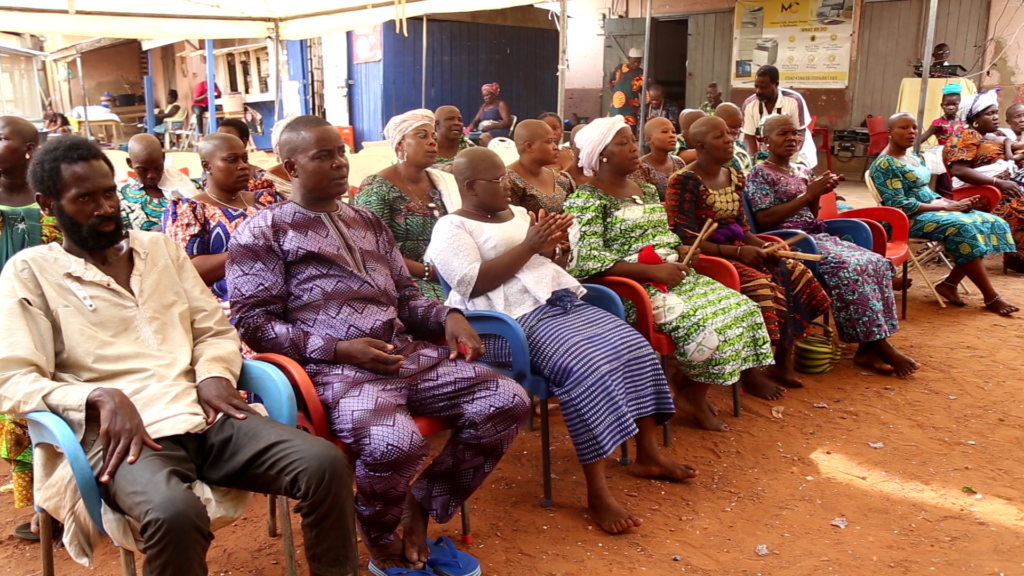
Revelers also visit to have a sight of the practices of the Kunde religion also known as Gorovodu and experience what the religion is made of.
The pilgrimage has over the years contributed to increasing in economic activities within the month of March, when 1000s visit Kpando.
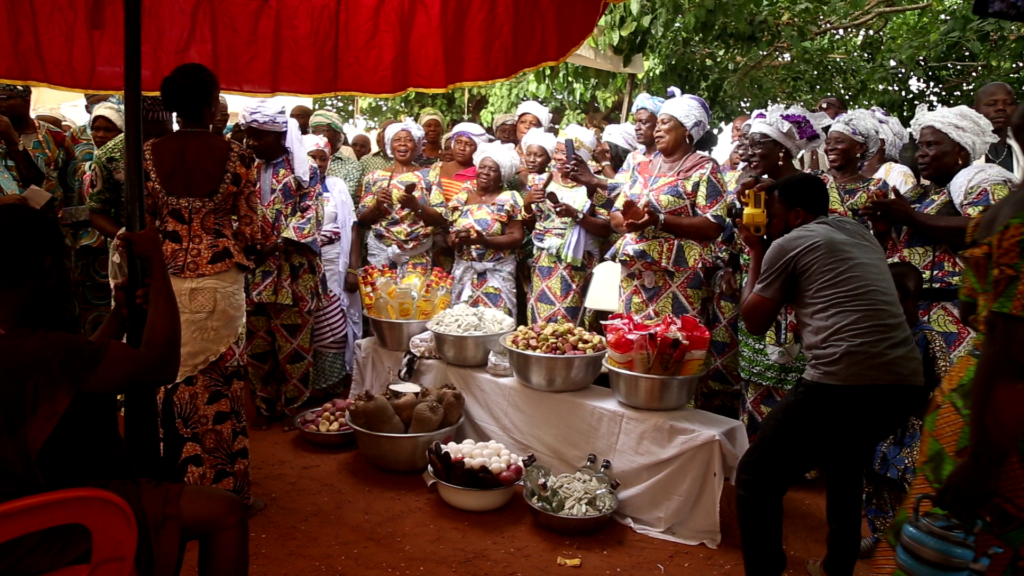
It is the hope of Leaders of the Kunde Religion that the tourism authority would package the pilgrimage to be sold to the Western World to generate foreign exchange.
Source: Fred Quame Asare

